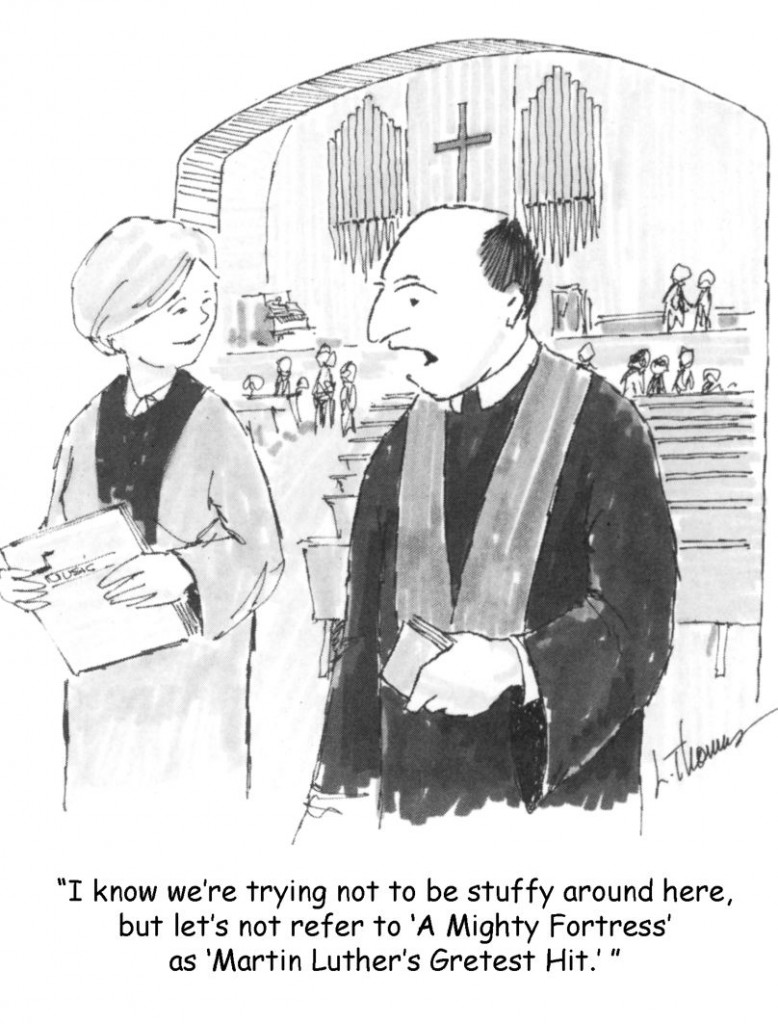Dear Brothers and Sisters in Christ,
 The candidate to oppose President Obama this fall has been chosen and election fever is mounting. I have my own strong opinions about who I want to see occupy the Oval Office for the next four years. I am sure most of you have also. In fact, I am sure most of you reading this, wherever you are in the world, will watch the November U.S. election with keen interest.
The candidate to oppose President Obama this fall has been chosen and election fever is mounting. I have my own strong opinions about who I want to see occupy the Oval Office for the next four years. I am sure most of you have also. In fact, I am sure most of you reading this, wherever you are in the world, will watch the November U.S. election with keen interest.
The President of the United States is the de facto leader of the free world, and his decisions and policies affect people far beyond U.S. borders. Personally, I believe that any Christian who lives under a system that allows the opportunity to elect their leaders has a duty of stewardship that should not be neglected. We need to use our votes responsibly and, come November, I intend to. However, please notice that I have not mentioned any candidates or parties. Let me explain the point of my letter to you this week.
Every couple of years, we need to be reminded not to use the pulpit for political purposes. Since the run up to the election looks as if it will be more controversial than ever before, we need to be aware of our responsibilities as pastors and ministers. While I encourage the practice of excellence in citizenship and the exercise of our privilege to vote for those who live in free countries, I also need to remind you not to make your church part of the political arena. As C. S. Lewis said, “Aim at heaven and you will get earth thrown in. Aim at earth and you get neither.”
Christians, including ministers, are not barred from political involvement. We have actually had elders who have held some high positions in government. But the pulpit is not the place to advance a political agenda.
Writing to the Christians of ancient Rome, Paul reminded them, “Let everyone be subject to the governing authorities, for there is no authority except that which God has established” (Romans 13:1). Paul was writing to people who lived under a highly authoritarian government, in which the ordinary person did not have much say. In a democracy, all citizens do have a small amount of authority each time they vote, and it is not a sin for people to use that authority. They are not rebelling against the government even if they are voting against the status quo. On the contrary, they are supporting the government by participating in it. So, don’t misunderstand. Whereas we should not politicize the pulpit, we can use our influence to remind our people of their responsibility as citizens. Remind them to vote, but on no account offer any suggestions about whom they should vote for.
This is especially important for those of us who live in the United States. Since 1954, the Internal Revenue Service has had regulations that prohibit churches from explicitly saying that they support or oppose any candidates by name, although they are allowed to take positions on moral issues.
Over the years, some churches have paid the penalty for violating these IRS regulations. For example, when Jerry Falwell ran afoul of the regulations, his church lost their tax-exempt status for two years.
Some may resent these regulations, but I think, overall, that it is good that they are there. As pastors, we do have considerable credibility and we therefore must be careful to keep a political election in perspective. While we may personally prefer one party or candidate over another, the truth is, none of the political parties or candidates will solve all the national, state or local problems, however persuasive they sound.
In any election, our responsibility is to become as knowledgeable about the issues and candidates as we can and then vote as wisely and faithfully as we can. And when it’s over, regardless of who wins, we should pray that the winners will promote peace, justice and the freedom to worship as we see fit. The church need not and cannot align itself with a party or platform. It has one absolute and fixed loyalty that goes far beyond what any government could hope to offer. We cannot “put our trust in princes” nor in the promises of political parties. What the church has to offer its members are theologically grounded moral guidance and spiritual wisdom to sort out priorities. We can offer our members reminders of the character of God and his purposes which together provide a foundation for individuals to make their political judgments and cast their votes. And having a secure foundation is far more important than even the vote for a particular party platform or a particular candidate in the ever-changing and shifting political landscape of our time. That foundation sheds light not only on politics but on family, vocation, education and finances – indeed, on all of life.
As the election approaches, remind your members of these things. But be careful not to cross the line by even hinting from the pulpit who is the “right” person to vote for. Regardless of how we vote and regardless of the job the winner does, our ultimate trust is in our Savior, who in the end makes all things right.
With love in Christ’s service,
Joseph Tkach
P.S. Please join me in congratulating Randal Dick, my good friend and long-time GCI elder. Randal received his Ph.D. from Fuller Theological Seminary last week. See the details in the article linked at left.








